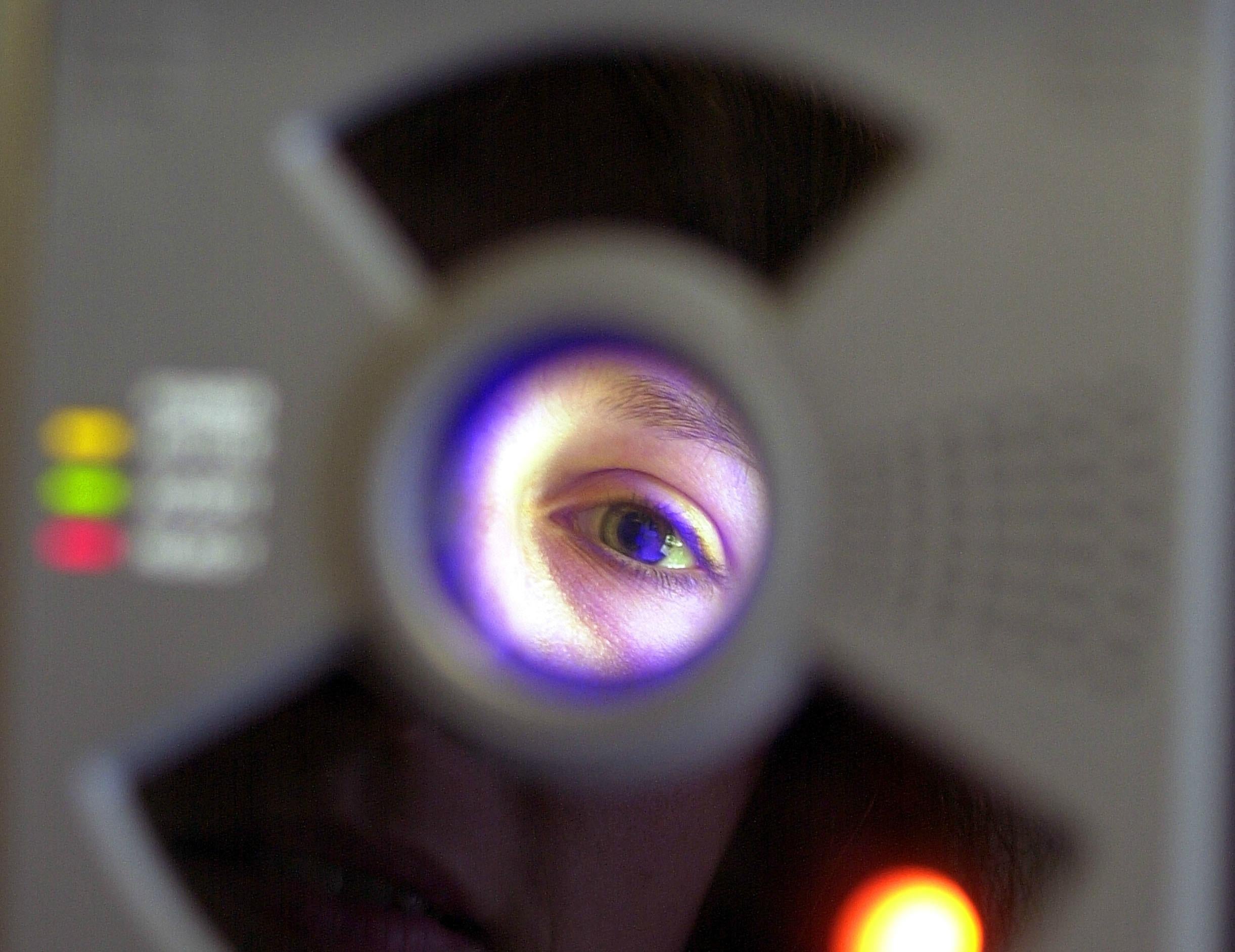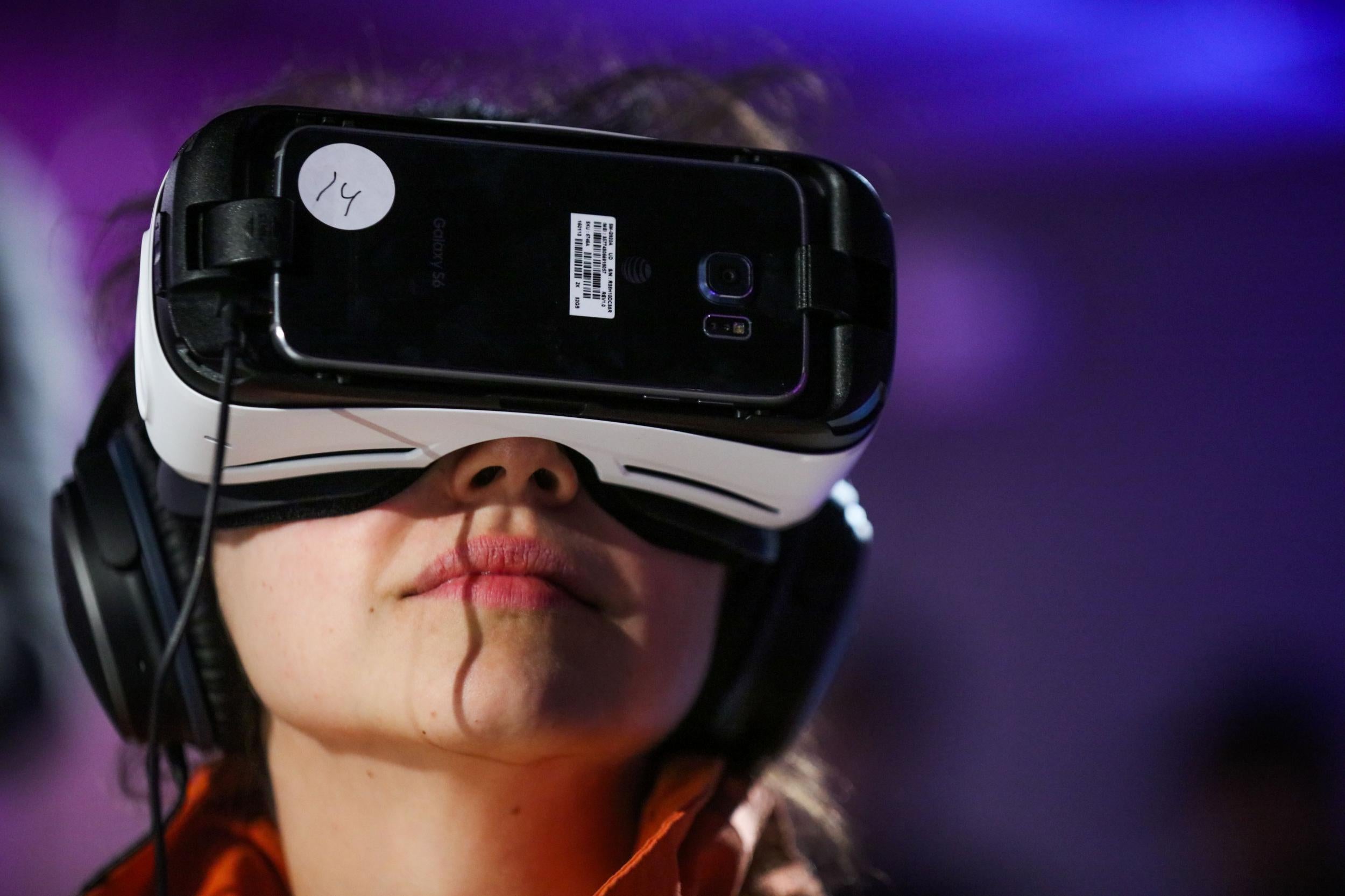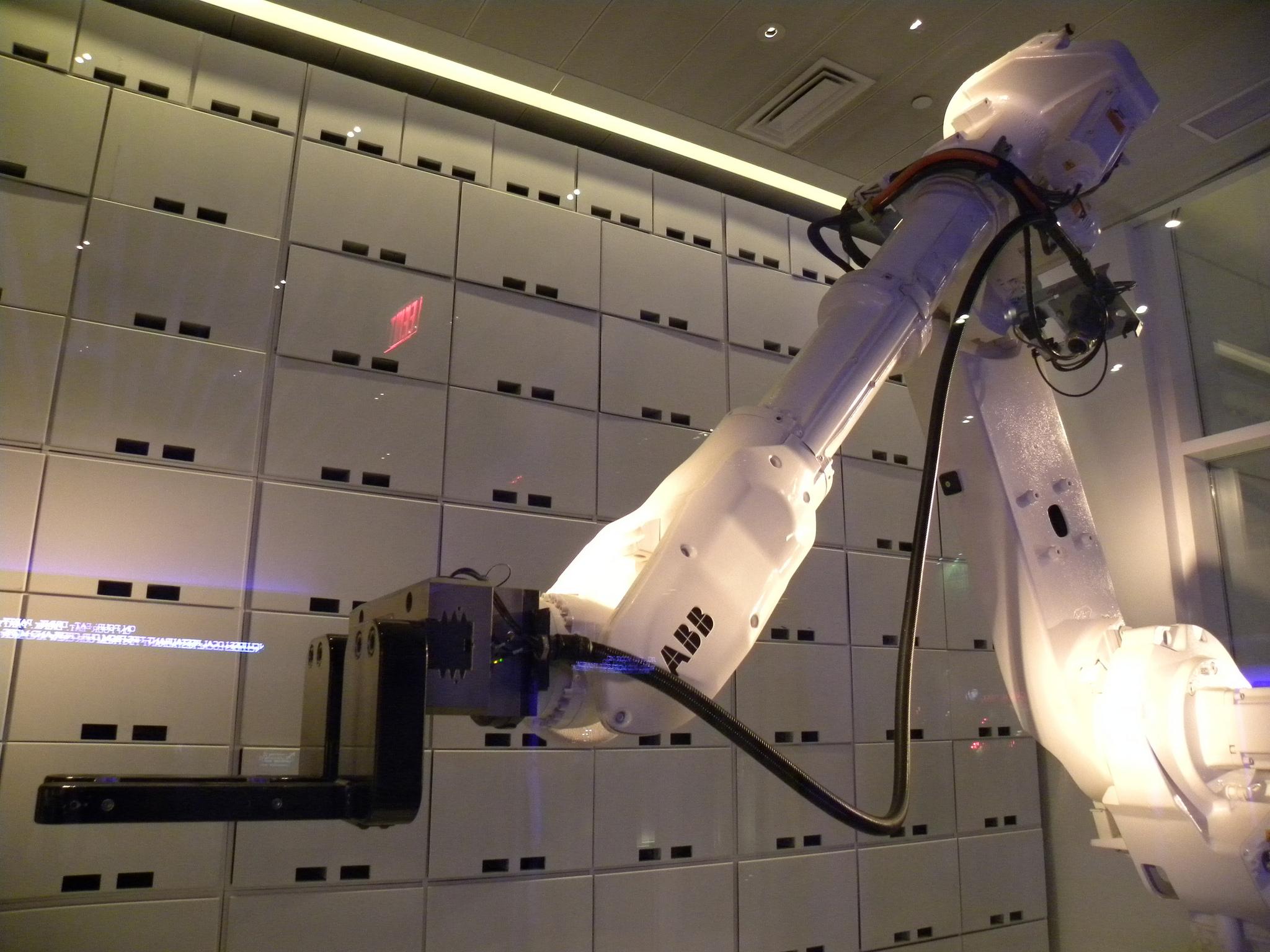The Independent's journalism is supported by our readers. When you purchase through links on our site, we may earn commission.
Voice-activated hotel rooms and robot butlers: How technology is revolutionising our holidays
With everything from fingerprint-activated entry to voice-controlled rooms now on offer, the future of hotels is now

Your support helps us to tell the story
From reproductive rights to climate change to Big Tech, The Independent is on the ground when the story is developing. Whether it's investigating the financials of Elon Musk's pro-Trump PAC or producing our latest documentary, 'The A Word', which shines a light on the American women fighting for reproductive rights, we know how important it is to parse out the facts from the messaging.
At such a critical moment in US history, we need reporters on the ground. Your donation allows us to keep sending journalists to speak to both sides of the story.
The Independent is trusted by Americans across the entire political spectrum. And unlike many other quality news outlets, we choose not to lock Americans out of our reporting and analysis with paywalls. We believe quality journalism should be available to everyone, paid for by those who can afford it.
Your support makes all the difference.This month, the Marriott hotel chain launched its rather futuristic-sounding “M-Beta” concept – a “beta hotel” that adapts its products and services according to constant customer feedback in real time, given via touchpads placed throughout the building. The hotel, in Charlotte, North Carolina, might sound like the starting point for a Black Mirror episode, but it’s just one example of how the travel industry is scrambling to revolutionise the hotel experience using smart tech.
Consider how, only last month, voice-activated rooms became a reality thanks to the Aloft Hotels brand’s “Project Jetson.” Rooms at Aloft properties in Boston, Massachusetts and Santa Clara, California offer an iPad equipped with an Aloft app and Apple’s “personal assistant”, Siri, so guests can adjust temperature, lighting, music and more just by voicing their desires. Sounds like a preferable alternative to today’s always-baffling search for the light switch.
Here, we take a look at some of the more interesting – and more often frightening – innovations in hotel tech and wonder what this spells for the future.
Robot wars
You’d think we’d seen enough dystopian blockbusters to make us think twice about enslaving robots, but the hotel industry is enduringly curious about replacing front-of-house staff with machines. In Nagasaki, Japan, guests at the Henn-na Hotel – which, appropriately enough, translates as “weird hotel” – are greeted at check-in by robots, and can choose between interacting with a female robot that speaks Japanese or a dinosaur robot that speaks English. (Why English-speakers are deemed better checked in by a dinosaur – complete with bellhop hat – we’re not sure.)
But you don’t have to go all the way to Japan for a robo-hop – the Yotel in New York City has a “Yobot” to handle and store luggage, though dino fans will be disappointed to hear it’s more mechanical arm than prehistoric creature. And in 2014, future-facing Aloft introduced a robot butler to its Cupertino property, which delivers amenities to rooms. Given that Cupertino is home to the Apple HQ, we shouldn’t be surprised – though we probably should be afraid. The Independent's crystal ball foresees many more robots in the hotel industry’s future. Whether they’re actually useful or not is quite another matter.

Mission quite probable
Getting into a hotel room will likely become more and more akin to an elaborate set-piece from Mission Impossible, as properties are increasingly looking to biometrics for security. At boutique hotel the Alma Barcelona, guests use their fingerprints to access rooms instead of keys. And at Nine Zero hotel in Boston, opening the door to the ultra-swanky Cloud Suite requires a retinal scan. It might be smart tech, but is handing over your identity to each and every hotel chain really that smart?

Virtual reality
At select Marriot International hotels, guests can order “VRoom Service”, which delivers Samsung Gear VR headsets to their rooms to use for 24 hours. Because why would you actually go outside and experience the holiday you’ve paid for when you can sit in your room with a headset plopped on your bonce instead? There’s been plenty of chatter about VR in travel – particularly as a way to “experience” destinations before visiting them, or even to experience other countries without leaving your living room – but we reckon this one’s a stretch.
Upwardly mobile
It’s becoming increasingly difficult to navigate modern life without a smartphone, much to the evil, sinister cat-stroking delight of their manufacturers, and this is infiltrating travel as much as everything else. From booking and checking in to a hotel, to getting into and paying for your room, hotels are heavily investing in enabling the customer to do all this at the touch of their phone. Because interacting with other humans is, like, so Noughties. DM me, yeah?

Not-so-simply infrared
There’s nothing as apt to ruin your relaxing bubble bath soak as the lingering paranoia that hotel staff will suddenly burst in unannounced, embarrassing the both of you to those-dreams-where-I-suddenly-realise-I’m-sitting-on-the-toilet-in-front-of-everyone levels. So we quite like the thought put in by Seattle’s Hotel 1000, where pushing a guest room’s electronic doorbell scans the space with infrared sensors to detect body heat before entering. A rather extreme solution, to be sure, but better than a stranger seeing you naked, right?
Join our commenting forum
Join thought-provoking conversations, follow other Independent readers and see their replies
Comments